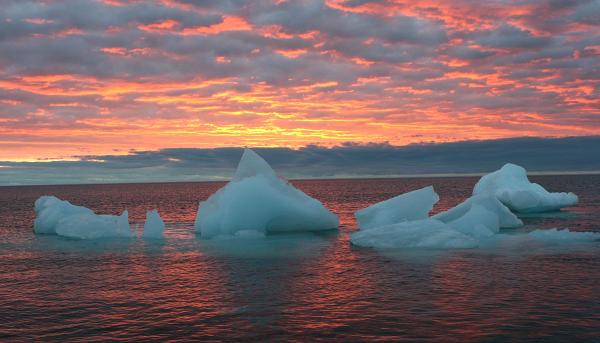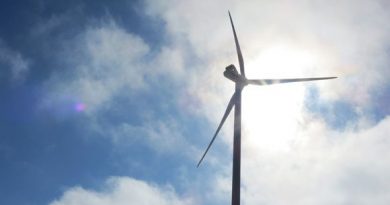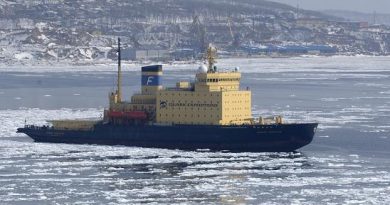Oil companies spend big against Alaska coastal initiative
 Exxon Mobil Corp., ConocoPhillips and BP have contributed more than $400,000 in the last three weeks to defeat a ballot measure that supporters claim would restore Alaskans’ voice in federal coastal decisions.
Exxon Mobil Corp., ConocoPhillips and BP have contributed more than $400,000 in the last three weeks to defeat a ballot measure that supporters claim would restore Alaskans’ voice in federal coastal decisions.
The group “Vote No on 2” has raised more than $1,450,000 in cash and in-kind contributions, according to its disclosures filed Tuesday with the Alaska Public Offices Commission. More than $690,000 was raised in the last three weeks.
The group is running an aggressive marketing campaign to sway Alaskan voters on Aug. 28 from approving Ballot Measure 2, which aims to bring back the state’s Coastal Zone Management Program. Opponents of Ballot Measure 2 argue it’s ill-conceived and would stifle development in the state.
Oil companies are the biggest contributors to “Vote No on 2,” signaling the concern Alaska’s largest industry has with the measure. Royal Dutch Shell, which hopes to begin exploratory oil drilling off the northern shores of Alaska in the coming weeks, has given $150,000. Exxon also gave $150,000. Conoco contributed just over $150,000, while BP gave $100,000.
The top mining company donors in the last three weeks were Sumitomo Metal Mining Pogo LLC, which owns Pogo gold mine outside Delta Junction, and Pebble Partnership, which proposes to develop a controversial gold and copper mine in Southwest Alaska. Both contributed $75,000 toward trying to sink Ballot Measure 2.
In contrast, the Alaska Sea Party — the group behind Ballot Measure 2 — has raised roughly $205,000 this year, which includes $54,674 in the last three weeks, according to its disclosures filed Tuesday. The vast majority of group’s money has come from individuals. Bob Gillam, a wealthy money manager who opposes the Pebble Mine, gave $25,000 to support the measure. He was by far the largest contributer during the filing period. At $2,500, Anchorage developer Jonathan Rubini — chief executive of JL Properties, an Alaska development firm — was the second largest individual donor during the filing period.
The Alaska Marine Pilots Association and the Bering Straits Native Corporation both gave $5,000.
In comparison, only eight people donated to “Vote No on 2.” The rest came from companies and industry trade groups.
Last year, the Alaska Legislature allowed the Coastal Zone Management Program to lapse amid a complex debate over what the program’s role should be in local coastal issues. Ballot Measure 2, which Alaskans will vote on at Tuesday’s primary election, would revive the program.
Supporters say the program would allow localities to have a seat at the table as decisions are made about projects slated for federal land or waters. Opponents of the initiative argue that Ballot Measure 2 would add a layer of red tape that hampers development and reinstates a framework for local groups to act independently and squash or meddle with projects already governed by existing law.
While “Vote No on 2” has raised an impressive sum, the more than $1.4 million will almost certainly pale in comparison to a 2008 voter initiative that would have all but banned development of the proposed Pebble mine. Groups and individuals both supporting and opposing that initiative raised a total of $12.5 million.
Most of that money came from the mining industry and its supporters. Yet, “Vote No on 2” has brought out the support of the three major oil companies operating in Alaska.
Exxon, Conoco and BP haven’t been so visibly and heavily involved in a voter initiative since 2006, when they collectively spent more than $1.5 million to successfully defeat an initiative that would have taxed undeveloped North Slope natural gas fields.
Contact Amanda Coyne at amanda(at)alaskadispatch.com
For more stories from Alaska Dispatch, click here



